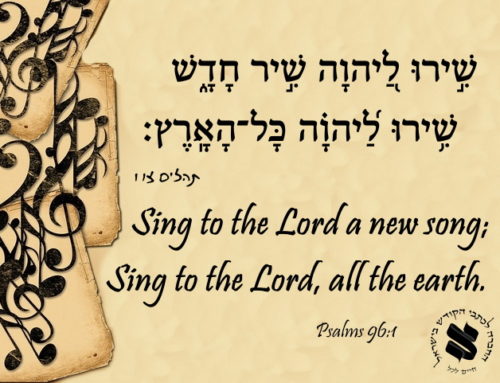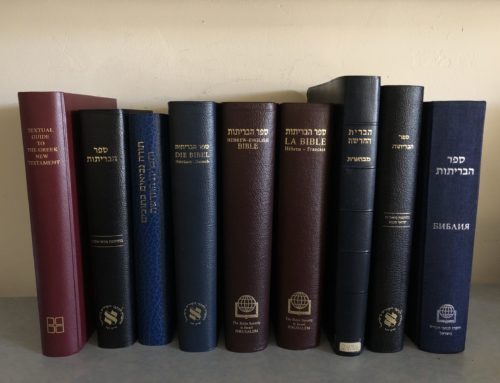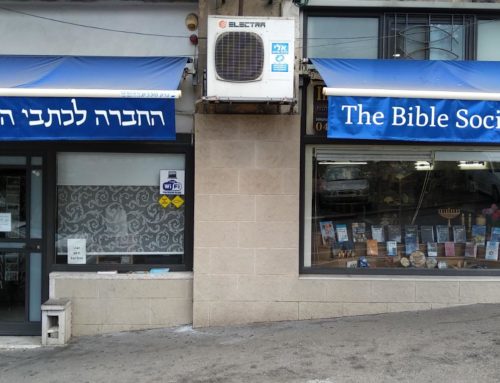Project Description
The Old Testament in Modern Hebrew
“The Old Testament, as any ancient book, is difficult to read smoothly. It needs annotations and explanations. One can study it, but not read it. There are many verses … which are difficult to understand, and that different scholars have argued over. And a book which needs to be studied and annotated, and which cannot be understood effortlessly – the reader can never taste the sweetness of its words … nor can he fully spiritually enjoy it.”
Prof. Joseph Klausner, in the introduction to his book “The book of Amos with modern Hebrew paraphrase.”

Another time, professor Klausner described his personal struggle with the biblical text. While he was sitting shiva – the seven day mourning period for a deceased relative – he wanted to read the book of Job. But he wrote that “Instead of reading the book of Job, I was forced to study it.” As a quick solution, he turned to a Bible in French and said, “Linguistically, everything was clear and obvious here [in the French]. I was able to focus my thoughts on the idea. I could be enchanted by the elevation of the discussion, and find comfort in my trouble.”
Prof. Klausner (1874-1958), was a professor of Hebrew Literature and the chief redactor of the first Encyclopedia Hebraica. If even he was challenged when reading the Old Testament, how much more so regular Israelis who are not language scholars.
The Bible Society in Israel wishes to address this challenge by creating a true-to-original rewriting of the Old Testament into Modern Hebrew. It is not a translation, in the full sense of the word, but a rewriting of the original Biblical Hebrew into understandable Modern Hebrew.
The “Old Testament in Modern Hebrew” will strive to be a faithful replica of the original text. We will make efforts to keep the Hebrew vocabulary of the original text as intact as possible, and preserve the personal style of the original authors. As far as the Modern Hebrew permits, we will make sure to be consistent in translating recurring words and phrases the same way every time it occurs. In places where sticking to the original vocabulary makes the text unclear and hard to understand, we will be more dynamic. We will prioritize making the meaning of the text clear, on the expense of using a different vocabulary when needed. Whenever the original text has more than one possible interpretation, the alternatives will be stated in footnotes.
This work will be carried out taking into consideration the difference in grammar between Biblical and Modern Hebrew. It will be done through an effort to preserve the poetic, dramatic and holy atmosphere of the Biblical Hebrew, while still striving for a text with a clear meaning. In this way we wish to be faithful to the original text, and make it more available to its readers.
We are thankful to the Lord for making this project possible, and we ask you to pray for all the people involved in this very challenging and important project.
If you speak Hebrew, you are welcome to watch this lecture in which we discuss the pros and cons with the project.






